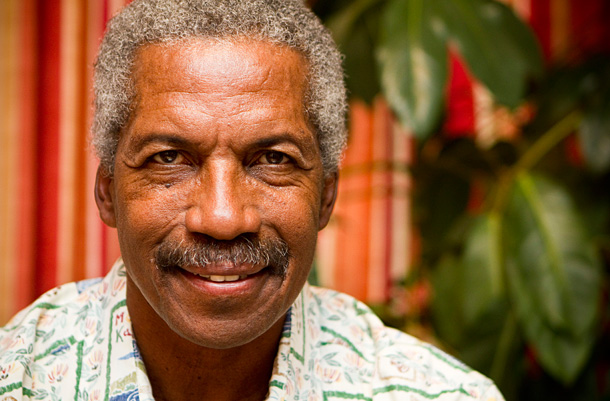Hope you'll forgive me!
When last I left whatever readers may be left out there, I was talking about expressions of forgiveness, particularly as it related to others.
To shift gears a bit here, lo these many months later, I think that it may be even more difficult to forgive ourselves.
See, when we forgive others, the job is made easier in knowing that it is they that are guilty of wrong doing.
But when it's us that is the transgressor -- dare I say more plainly sinner? -- things are different. We may ask God for forgiveness, we may ask others for forgiveness, but always lurking in the backs of our minds and the corners of our hearts, is that guilt. Guilt that tells us, 'Look what you did, look what you are capable of, look at what you might do again.'
So how do we get past that? How do we find the peace that sometimes eludes us when our head hits the pillow at night?
Let's look at the example of Peter. Simon Peter, the rock upon whom Christ built his church, likely had a far more difficult time forgiving himself after Jesus' death than anyone outside the home of Pontius Pilate. Denying someone three times will do that to you, you know?
But in John 21, we read how Jesus "reinstated" Peter, or you might say, how Jesus helped Peter forgive himself. Staring in verse 15 and continuing to verse 17:
"When they had finished eating, Jesus said to Simon Peter, 'Simon son of John, do you truly love me more than these?'
'Yes, Lord," he said, "you know that I love you.'
Jesus said, 'Feed my lambs.'
Again Jesus said, 'Simon son of John, do you truly love me?'
He answered, 'Yes, Lord, you know that I love you.'
Jesus said, 'Take care of my sheep.'
The third time he said to him, 'Simon son of John, do you love me?'
Peter was hurt because Jesus asked him the third time, 'Do you love me?' He said, 'Lord, you know all things; you know that I love you.'
Jesus said, 'Feed my sheep ...'"
So how did this episode help Peter transform himself from a disappointed fool to a faithful follower?
First, Jesus asked Peter to affirm his commitment, three times over. When you realize you're committed to something, it's hard to let past failures slow you down.
Second, Jesus gave Peter responsibility. Feed my lambs, take care of my sheep, feed my sheep. There's no better way to get over what you didn't do than to focus on what you will do.
Third, Jesus never brought up the past. Psalm 103:12 says "as far as the east is from the west, so far has he removed our transgressions from us." Peter was already forgiven in Jesus' eyes, he just needed to be reminded that if God was over it, then he could be too.
Think it over and come back soon. I won't wait another three months to post again!




